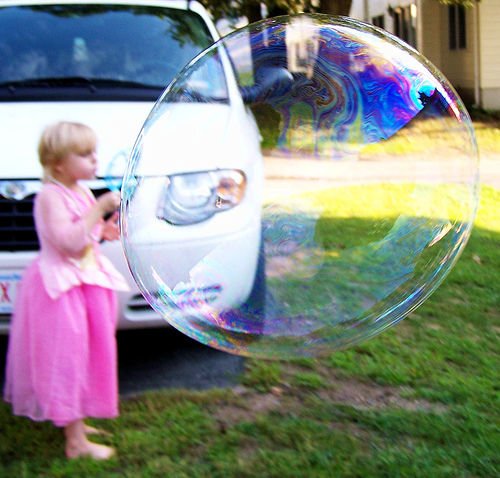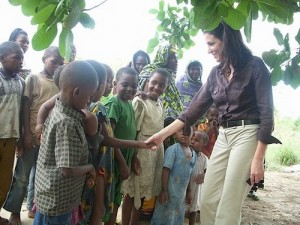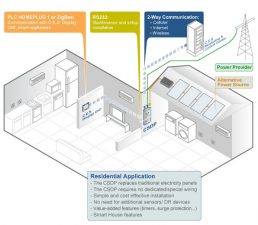Israel has already done it. Now the governments of China and Vietnam are conducting their own safety tests on some baby bath products, such as Johnson and Johnson (J&J) No More Tears, found to be contaminated with formaldehyde and 1,4-dioxane in a report issued March 12 by the Campaign for Safe Cosmetics.
Some major Chinese, Taiwanese and Vietnamese retailers have pulled these products from their shelves. The Israeli Health Ministry has stated that U.S. baby products with carcinogenic contaminants are not sold in Israel.
In the U.S., Sen. Diane Feinstein (D-Calif.), Rep. Jan Schakowsky (D-Ill.) and Rep. Ed Markey (D-Mass.) have called for greater oversight of the $50 billion cosmetic industry in response to this report. Sen. Kristen Gillibrand (D-N.Y.) has demanded that FDA investigate contaminants in personal care products marketed for babies and young children.
In a press release, Gillibrand says, “As a mother of two young children, I expect the baby and child products my family uses to be safe. I find it to be unacceptable that the FDA does not regulate personal care products, as it does food and drugs.”
Contrary to industry statements, the U.S. has no safety standards for formaldehyde and 1,4-dioxane in personal care products, nor does it limit the amount of these chemicals in products or require that they be listed on labels. Green Prophet exposed last year how the famous “green” brand Ecover is selling products with 1,4-dioxane, opening the question as to what this means for our health.
The European Union has banned 1,4-dioxane from personal care products and has recalled products found to contain the chemical. Formaldehyde is banned from personal care products in Japan and Sweden, and restricted in the EU and Canada.
“Once again, the U.S. is lagging when it comes to protecting children’s health,” said Lisa Archer of the Breast Cancer Fund and coordinator of the Campaign. “The lack of safety standards in the U.S. is disadvantaging American companies. We need updated laws to ensure that American products meet the highest bar of safety and are free of toxic chemicals.”
The Campaign’s report is the first to document the widespread presence of both formaldehyde and 1,4-dioxane in children’s bath products, including Johnson’s Baby Shampoo and Sesame Street Bubble Bath.
Since the report release last Thursday, at least 20,000 people have contacted their congressional representatives to demand strengthened FDA oversight and regulation of the cosmetics industry. To date, no action has been reported on the part of the U.S. government or retailers.
Formaldehyde and 1,4-dioxane are known to cause cancer in animals and are listed as probable human carcinogens by the EPA. Formaldehyde can also trigger skin rashes in people who are sensitive to the chemical, at levels found in many of the products tested for the study. The Environmental Protection Agency estimates that babies are 10 to 65 times more vulnerable to cancer-causing chemicals than adults.
To read the full “Toxic Tub” report, go to www.safecosmetics.org/toxictub.
To read more about Ecover and 1,4 Dioxane, see Green Prophet’s coverage last year Ecover’s Dishwashing Liquid Makes Us Feel A Little Bit Dirty.
[Image credit pinksherbert]





Because the products are washed off, the body's ability to absorb them is limited. The low-dose, short-lived and intermittent nature of exposure is one of the reasons the Food and Drug Administration does not require that the chemicals be removed.acnee
I'll back again for sure, thanks for great article 😀
I'll back again for sure, thanks for great article 😀
Thanks for the headsup. Hope they bring more control to prevent these chemicals from being used in baby products.